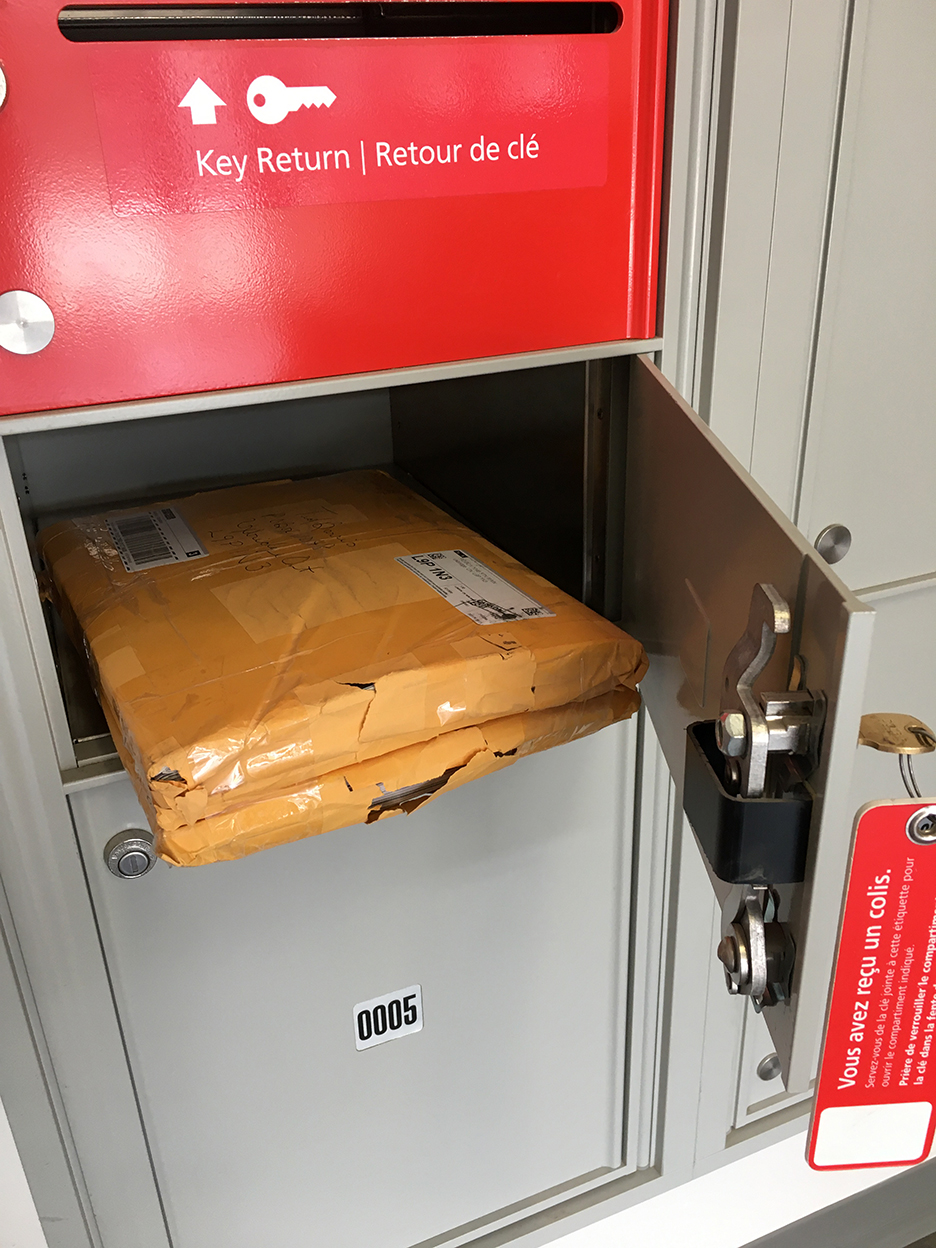
For about a year now, I’ve received packages in the mail from a friend in southwestern Ontario. He’s a military-history enthusiast. So, we have much to share in telephone conversations, letters, emails and the periodic packages he posts to me. But when the pandemic hit, suddenly the packages began to increase in number and frequency.
Not just once a week, but several times, his packages (many of them two and three kilograms in weight) would arrive jammed with clippings, magazines and books. And most of his mailings include cryptic notes.
“Two light, two-pound envelopes are on the way,” he wrote last week. “Probably the last of my house cleaning.”
What I’ve discovered during this odd but engaging relationship with my friend the war buff, is that he’s not just sharing his library of newspaper stories, periodicals and volumes of history with me. He’s passing them along partly because they’ve sat on his bookshelves, in his filing cabinets and in boxes on his basement floor for many years.
Thus, he’s decided to get rid of them. COVID isolation has motivated him to purge his household of the superfluous and mail it all to me – out of sight out of mind. Actually, I think this kind of purging has become a national pastime during the pandemic.
I remember last March, when both the virus and the national stay-at-home order came into our lives, everybody’s life turned inward – to home, to the cottage, to the garage and the garden shed. We all started cleaning and purging. My wife began her purge with her food, gardening and horse magazines. I hit my military magazine pile, and bankers boxes full of file folders and periodicals. I’m not sure I reduced their number, but even organizing them a bit felt liberating somehow.
Then, I sifted through old business files, utility bills and tax returns. The government recommends saving tax returns back to 2015 (six years’ worth); I had nearly twice that many. I still had my very first GST filing from 1990, and who needs to be reminded that Brian Mulroney made me an accountant? My paper shredder has been busy.
I recently wrote about my close encounter with the disassembled portable firepit I found in the garage over the New Year’s holiday. Well, now that I’ve built it and made it functional in my backyard, it’s been my go-to purging tool (along with the fire permit from the Fire Department) for burning chopped up deadfall branches and twigs.
Now they could have gone to township compost, I know, but that’s not nearly as constructive or fun as having our bubble of grandkids drop by for the occasional outdoor marshmallow roast this spring.
Another of my purges is an artistic one. Unable to carry on my busy public-speaking schedule over the past year, I’ve written a full-length manuscript for a new book. Without the usual rush to deadline pressure of this column or other writing projects, I’ve taken my time with this one. It’s the longest book I’ve ever written – about 136,000 words – which means I have to trim it to a manageable length. Purging words is antithetical to writing, but it’s necessary for a better read.
Clearly the pandemic has illustrated extremes, however. Not only has COVID made us purge, but it’s also made us hoard. Just last Wednesday, when the premier announced his latest on-again, off-again emergency stay-at-home order for April 8, all day April 7, stores experienced another run on “essentials.”
Yup, all those hoarders came out of the woodwork again with shopping carts packed with paper towels, tissue boxes and bundles of toilet paper. Do all those people really think the pulp and paper industries have closed their plants because of COVID-19?
Another friend called me this week to tell me about a more constructive purge in her life. She reminded me that her parents had grown up in a small Saskatchewan town. She’d recently come across something her mother had saved – a copy of the newspaper from August 14, 1945, when the Second World War ended. She said she didn’t feel right throwing it out.
“Who could use this?” she asked herself. “Why Ted, of course.” That means her purge will soon become my hoard.
So, this week, after my purge of newspaper clippings, magazines, backyard twigs and old tax records, of course, I visited my post office box. And, yes, after my military-buff friend in London mailed me what he thought was his final package, guess what I found? Three more huge manila envelopes full of his former library. Inside he added a note:
“Ted, believe it or not, two times this amount went into the recycling bin!”
I guess I can’t expect the hoarding/purging to be halted, until the virus is.